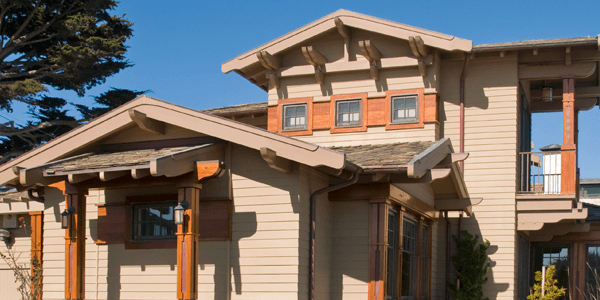Wednesday April 24, 2024
Personal Planner

Trusts for Surviving Spouse
There are three different basic types of trusts for a surviving spouse: a qualified terminable interest property trust (QTIP), a qualified domestic trust (QDOT) or a charitable remainder trust (CRT). All three of these trusts may qualify for the marital deduction. However, there are many specific reasons for choosing one of these three trust types.
QTIP Trust
The QTIP trust is the most common marital deduction trust. There are four basic rules for the QTIP trust:
- All income must be paid to the surviving spouse.
- The surviving spouse may require the trustee to invest in assets that produce income.
- The principal may be invaded only for the benefit of the surviving spouse.
- The trust remainder will be distributed to the beneficiaries designated under the will of the first to pass away.
Example—Jane Lost Everything but Betty Was Protected
Joe and Jane were married and had two children. On Saturday evenings, they often went to dinner with their friends Bill and Betty.
Joe passed away first and had a simple will. He left his estate outright to Jane. It qualified for the estate marital deduction so there was no estate tax.
Subsequently, Jane married John Speculator. John was involved in a Brazilian gold mining adventure. Jane's entire estate was soon invested far south of the border, never to return. Jane and her children lost everything.
Bill and Betty decided to protect their estate. Bill created a QTIP trust for his half of the estate. When Bill passed away, Betty was the beneficiary of the QTIP trust. After a few years, she married Sam Speculator. While Sam was involved in the Brazilian gold mining adventure, the QTIP created by Bill provided income and protection for Betty for her lifetime. In addition, the QTIP principal was protected.
QTIP Powers and Election
There are several powers that are permitted for a QTIP. First, the required provisions are that the income be paid to the surviving spouse and principal can be invaded only for the surviving spouse. However, the trustee may choose to transfer the greater of 5% of trust assets or $5,000 each year to the surviving spouse. In addition, it is permitted to allow the surviving spouse to appoint the remainder. If the surviving spouse holds the power to appoint, he or she can direct the trust to children from the first marriage, but also could give trust assets to other persons.
A QTIP must be elected on the Form 706 Federal Estate Tax Return. It is also possible to make a partial QTIP election and to create a transfer of the balance that is taxable in the first estate. The benefit of this plan is that this bypass amount will be tax free to family in the second estate.
QDOT Trusts
If a spouse is not a U.S. citizen, then most transfers will not qualify for the federal marital deduction. In this case it is possible to create a qualified domestic trust (QDOT).
With a QDOT, the surviving spouse will receive all income. There must be at least one trustee that is a U.S. citizen or corporation. If the surviving spouse receives distributions of principal, those will be subject to estate tax, with one exception. There is a "hardship" exception that may allow tax-free principal distributions for emergency medical care or other extraordinary circumstances.
If the surviving spouse desires to qualify for the regular marital deduction, he or she may become a U.S. citizen prior to the date for filing the federal Form 706 Estate Tax Return.
Charitable Remainder Trust (CRT)
The third option for a qualified marital deduction trust is a charitable remainder trust. The trust may be created as a two-life agreement during the joint lifetimes of the spouses or it could be created in a will or living trust to benefit the surviving spouse.
There are two different payout options usually selected for this CRT. A standard CRT pays 5% or more each year to the surviving spouse. This payout is made from income and, if necessary, from trust principal. An attractive benefit of a CRT is that it may grow tax free during the life of the surviving spouse.
Part of the CRT payments may be distributed at the lower capital gain rates. Finally, because the assets are stepped up to fair market value in the estate of the decedent spouse, the potential exists to invest in municipal bonds and pay out tax-free income to the spouse.
A second payout method is a net-income-plus-makeup unitrust. This trust method can enable the principal to be invested for growth rather than income. Because the growth inside the trust is tax free, the surviving spouse may dramatically lower income taxes if he or she does not need income. Rather than taking the full CRT payout and paying income tax, the spouse permits the trustee to invest for growth for his or her lifetime. If income is needed at a higher level later in life, the trustee may reinvest for income and pay the regular income plus make up the prior shortfall.
With a CRT, after the surviving spouse passes away the remainder is distributed to qualified exempt charities. The charities may be designated by the first spouse to pass away, or a power can be given to the surviving spouse to designate the charities.










